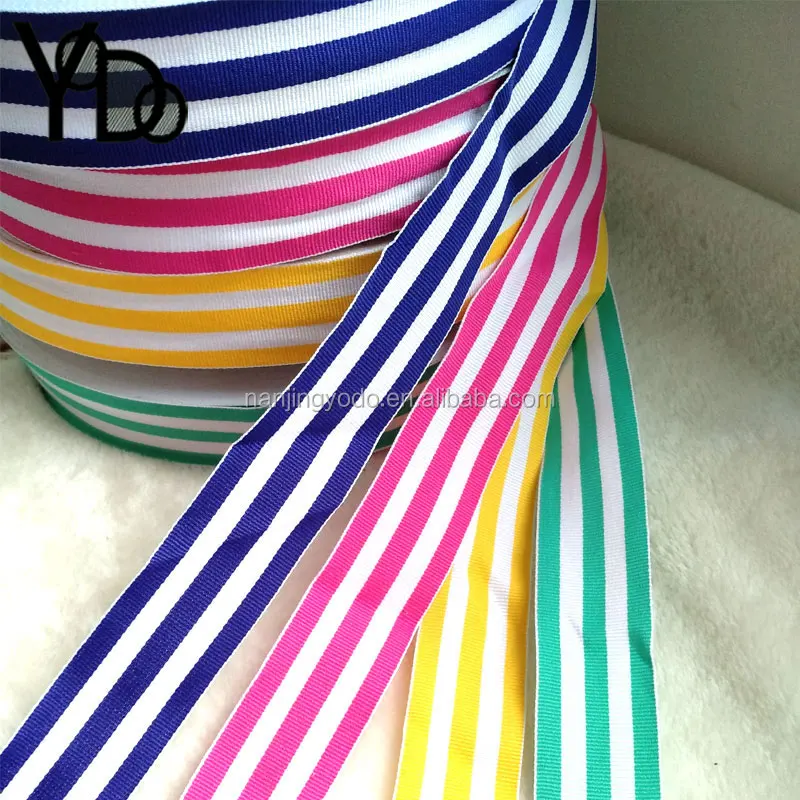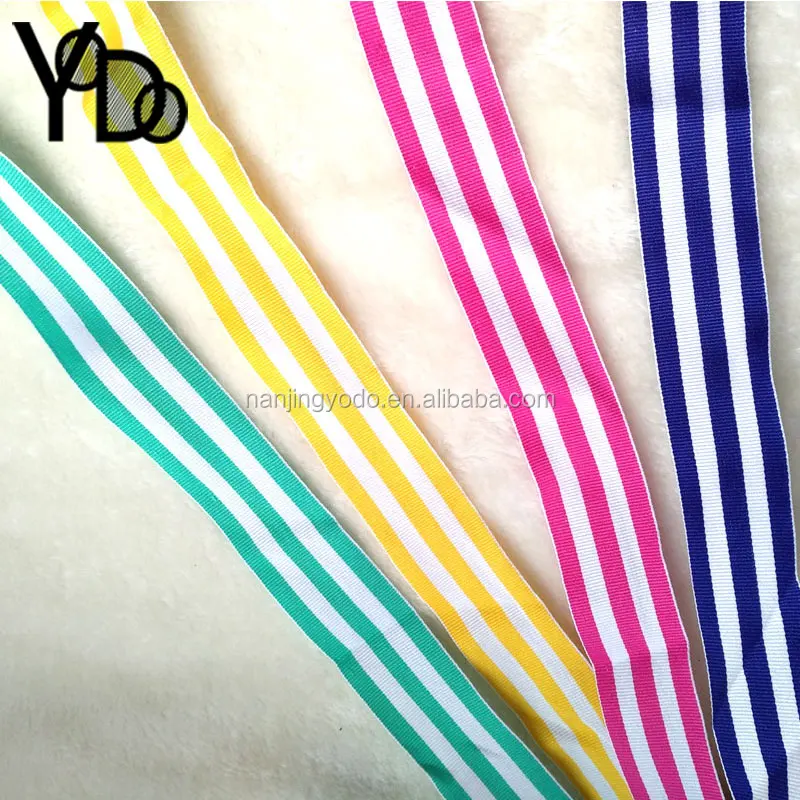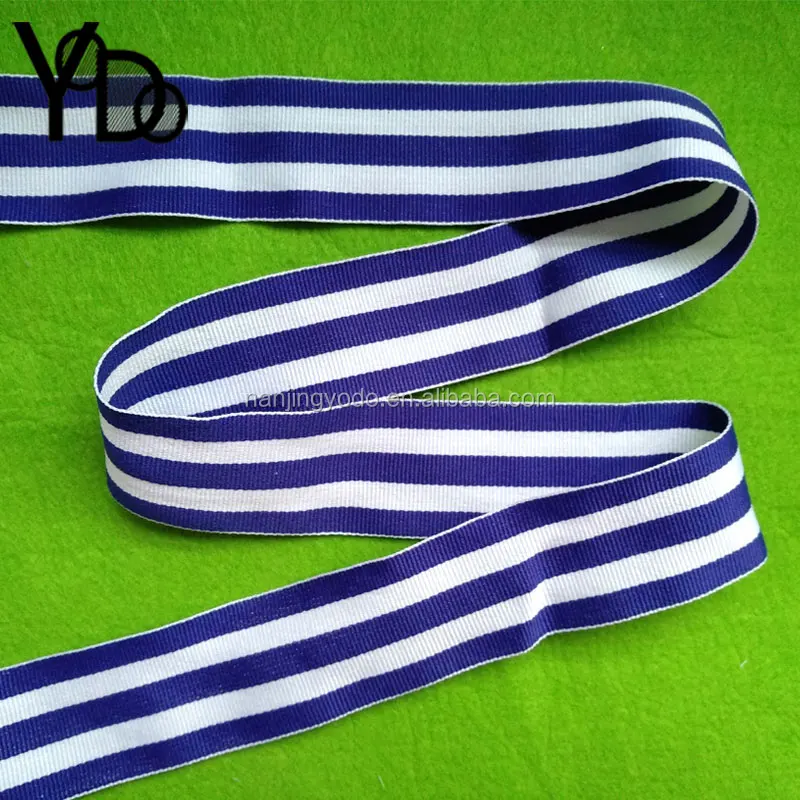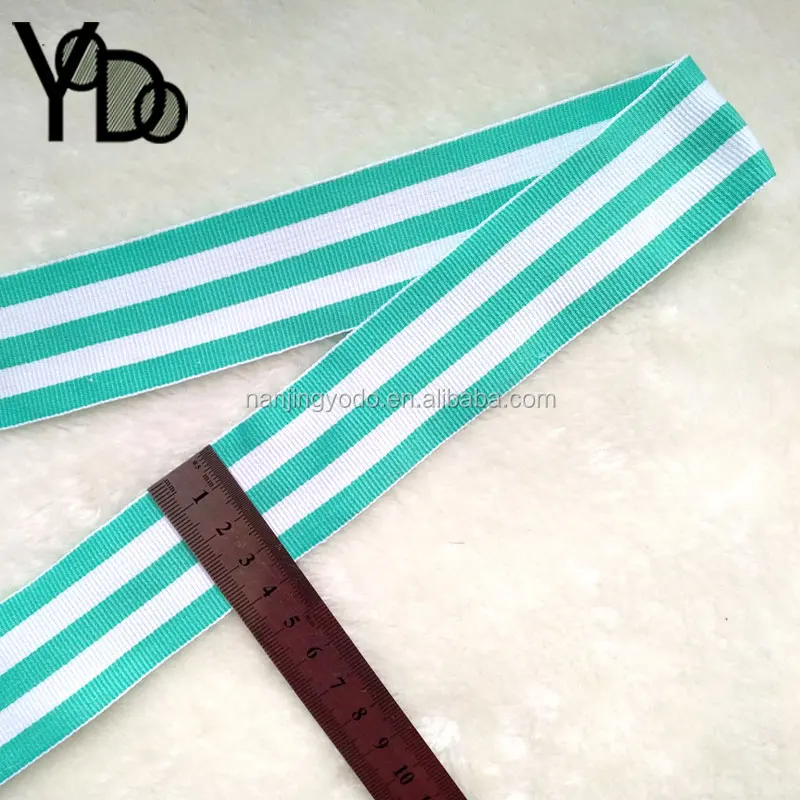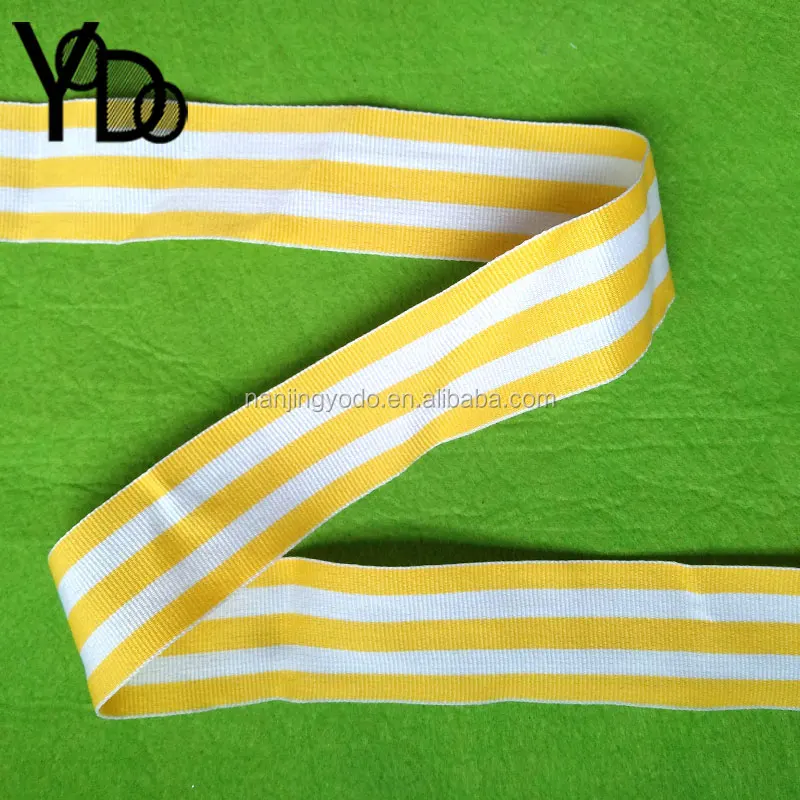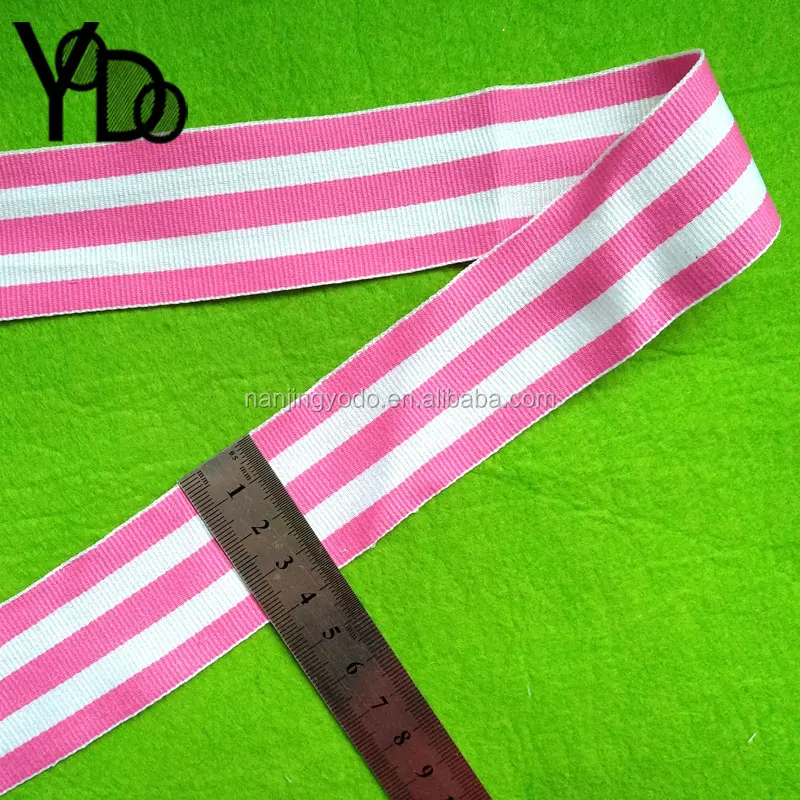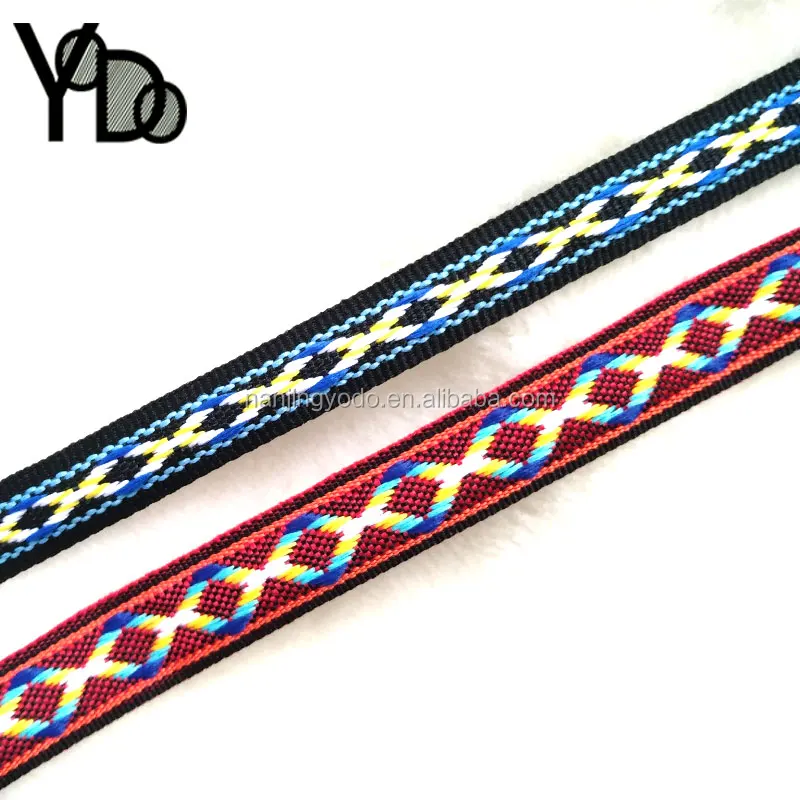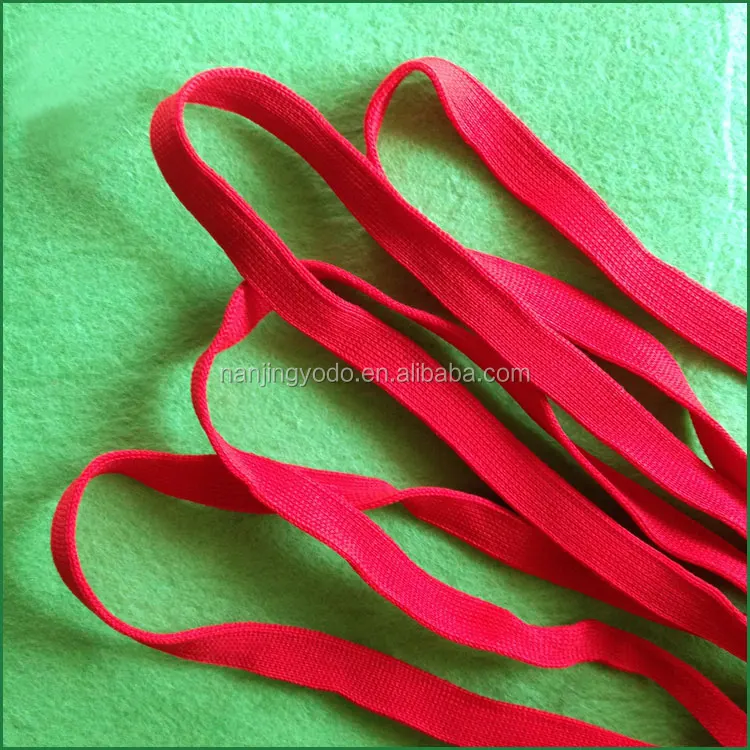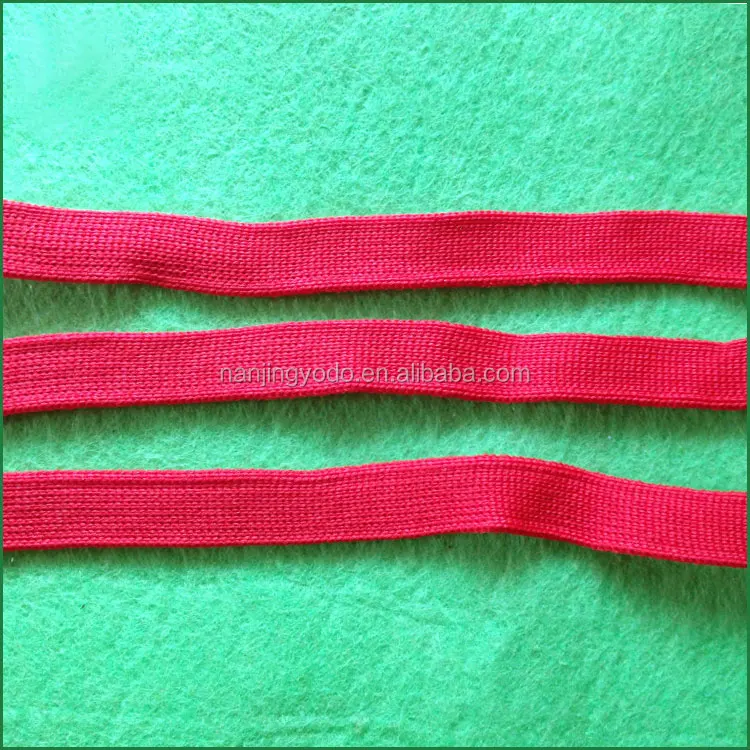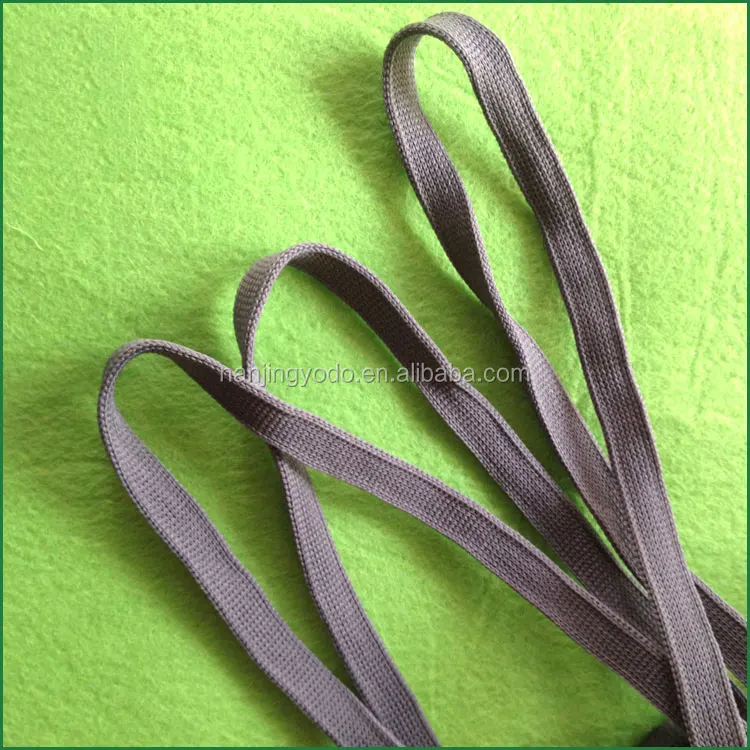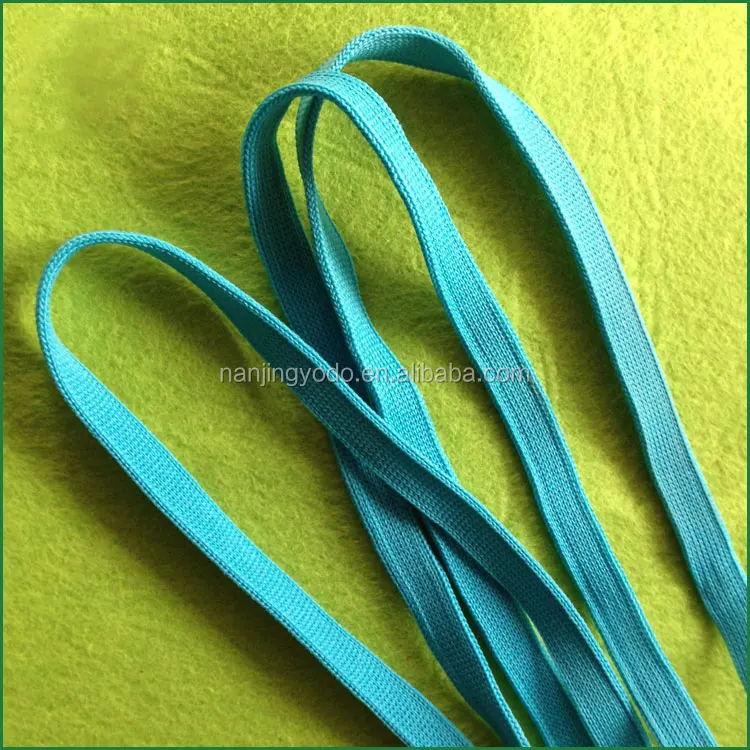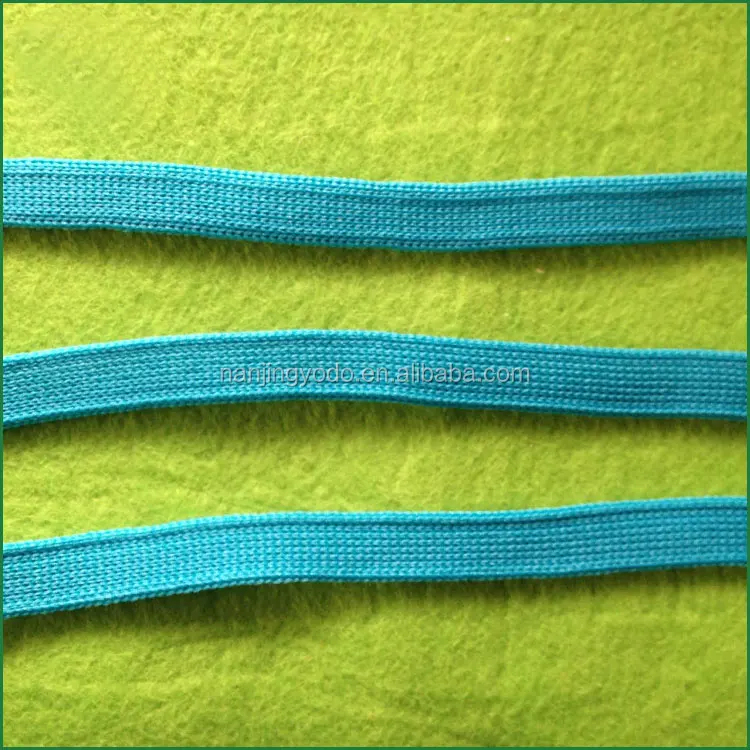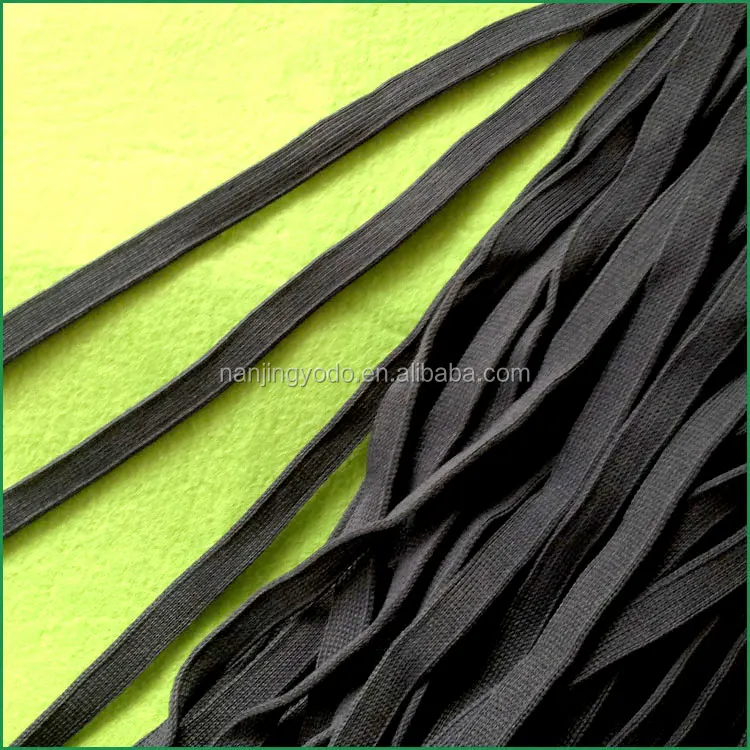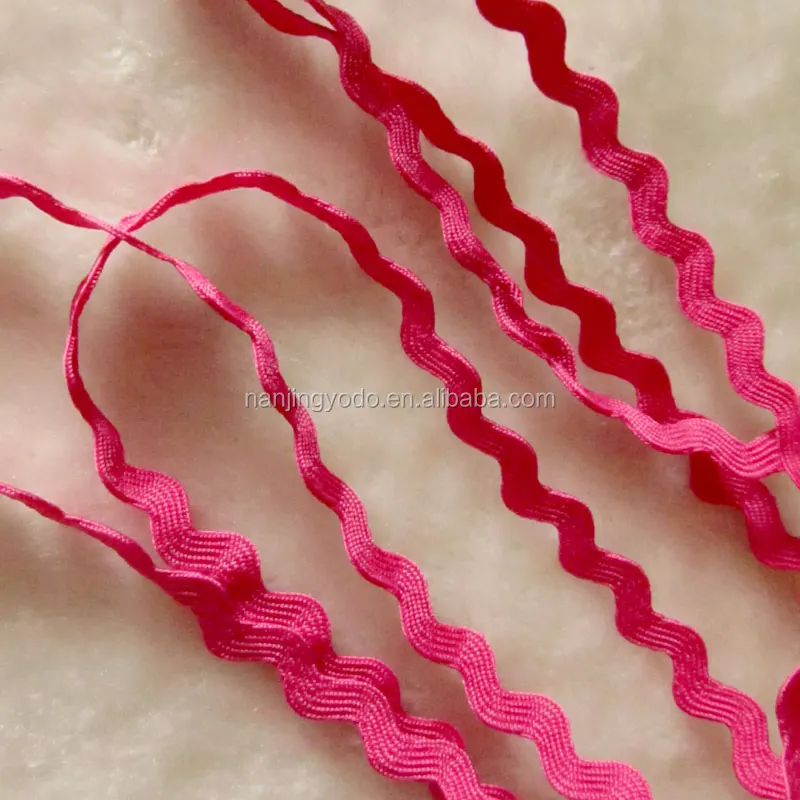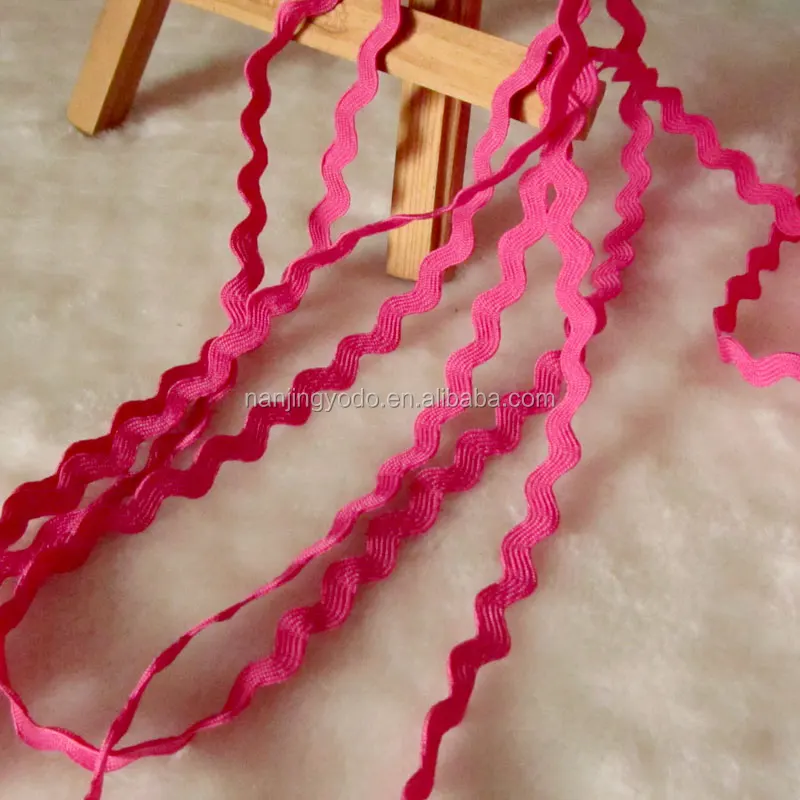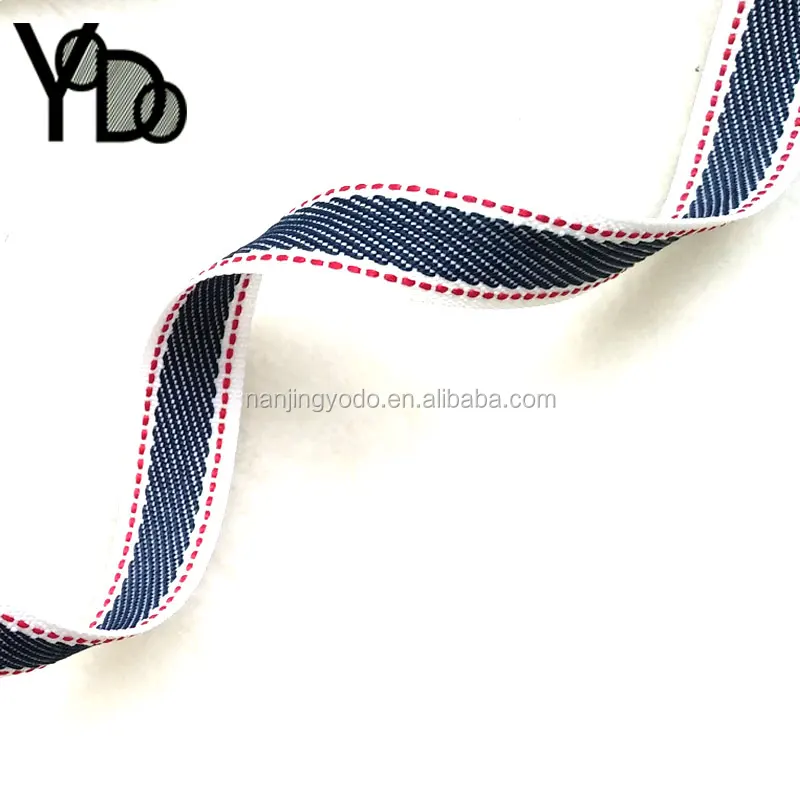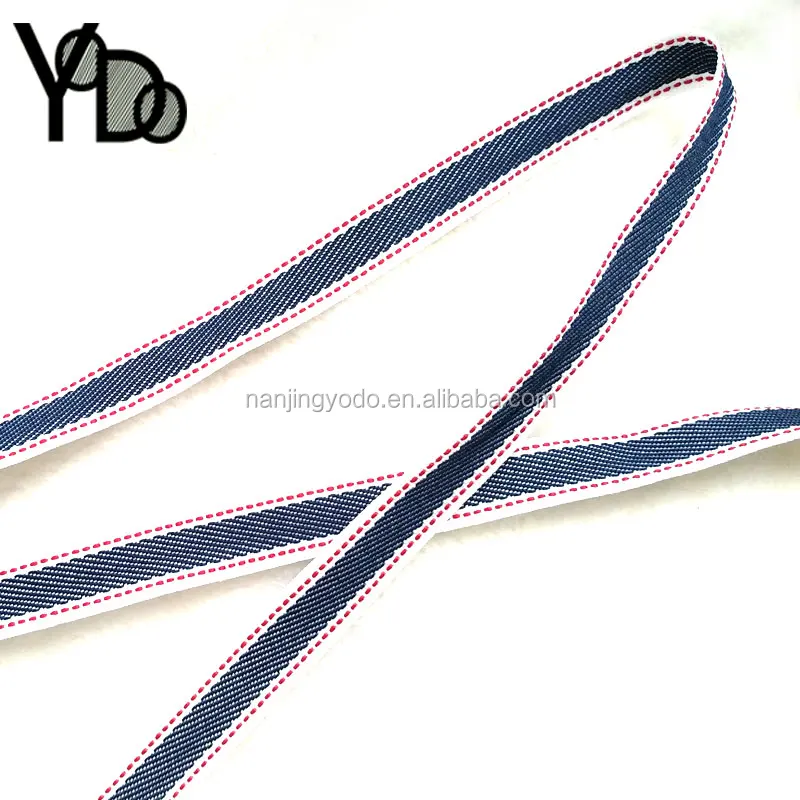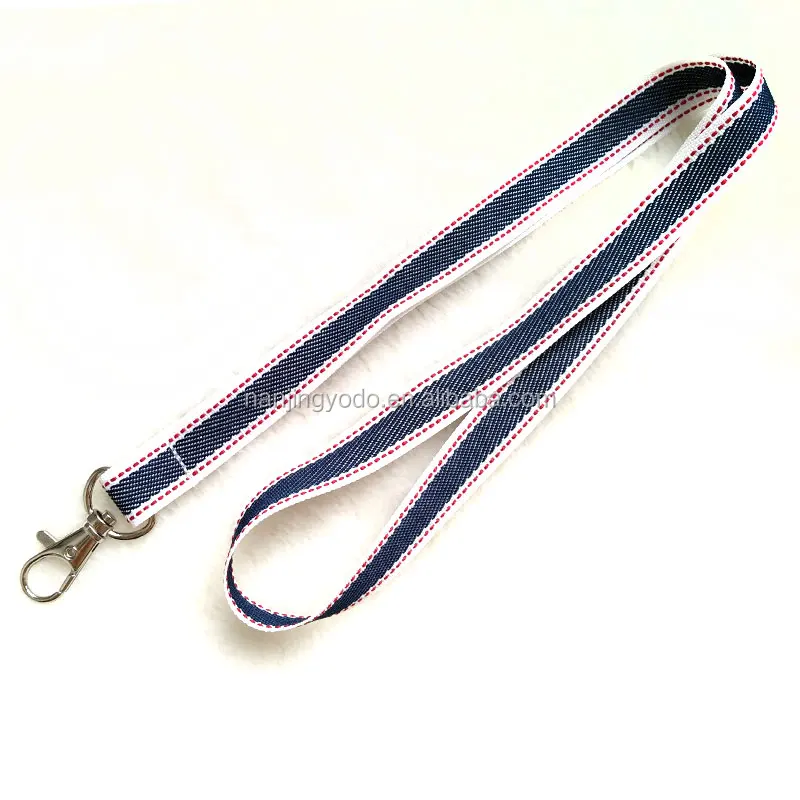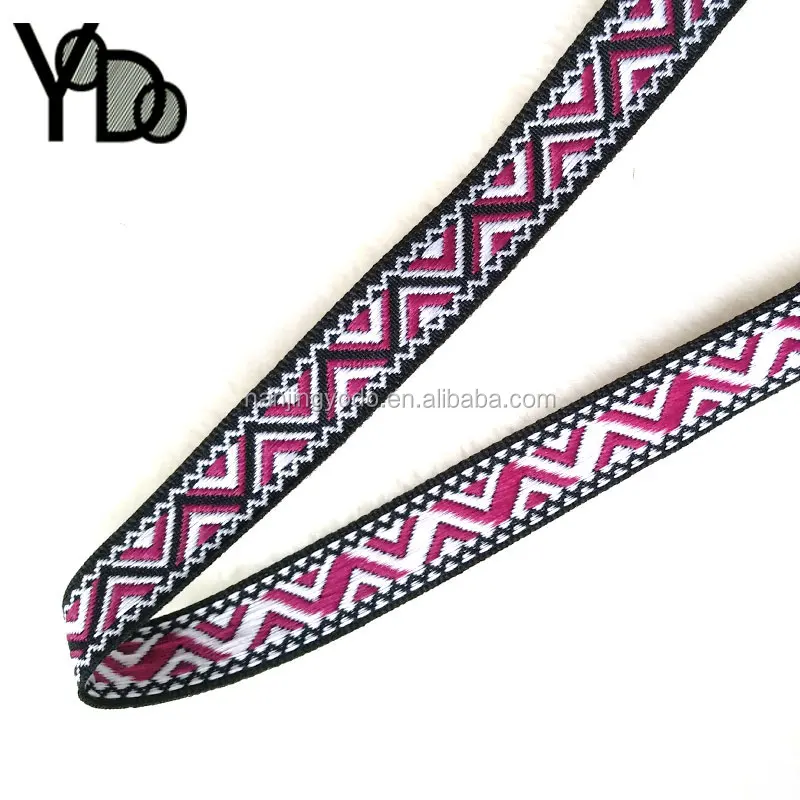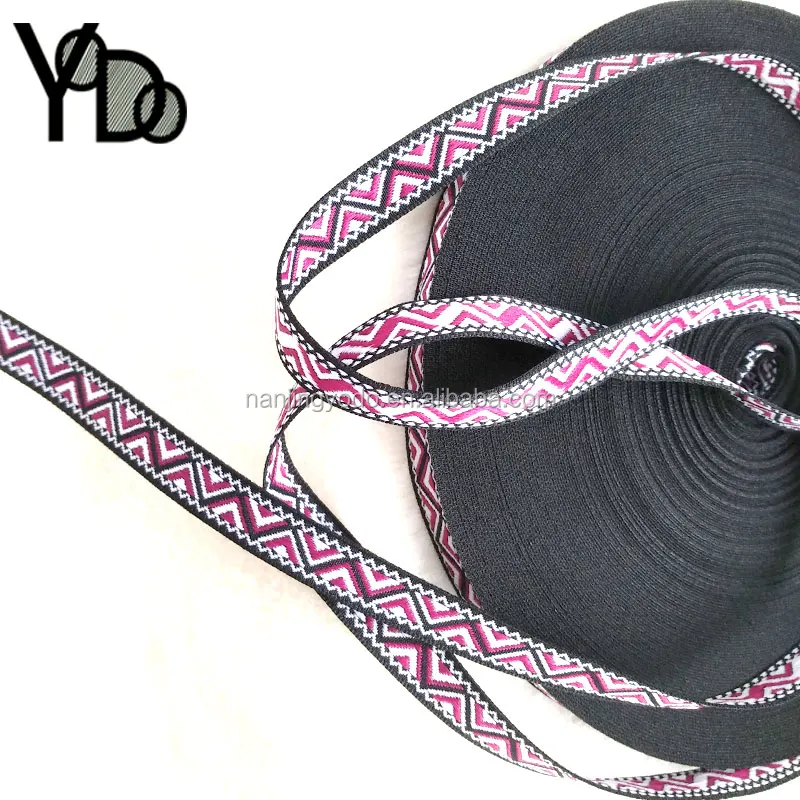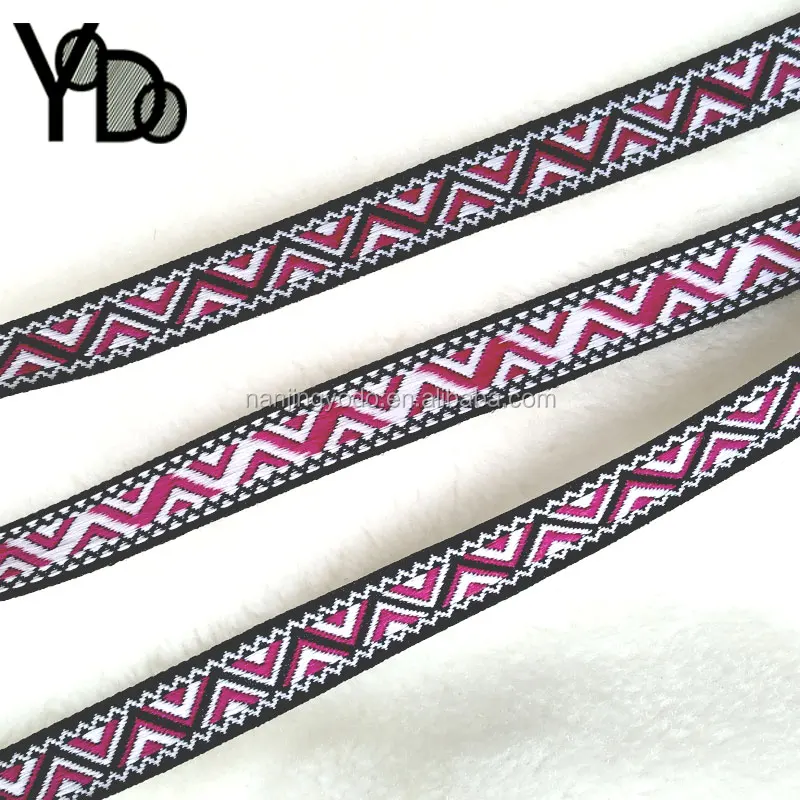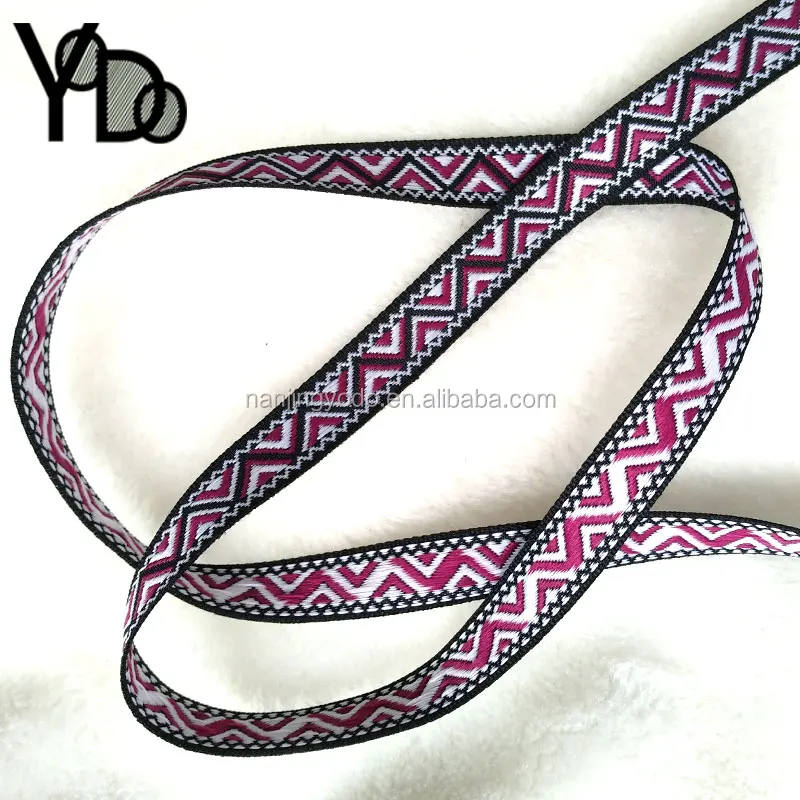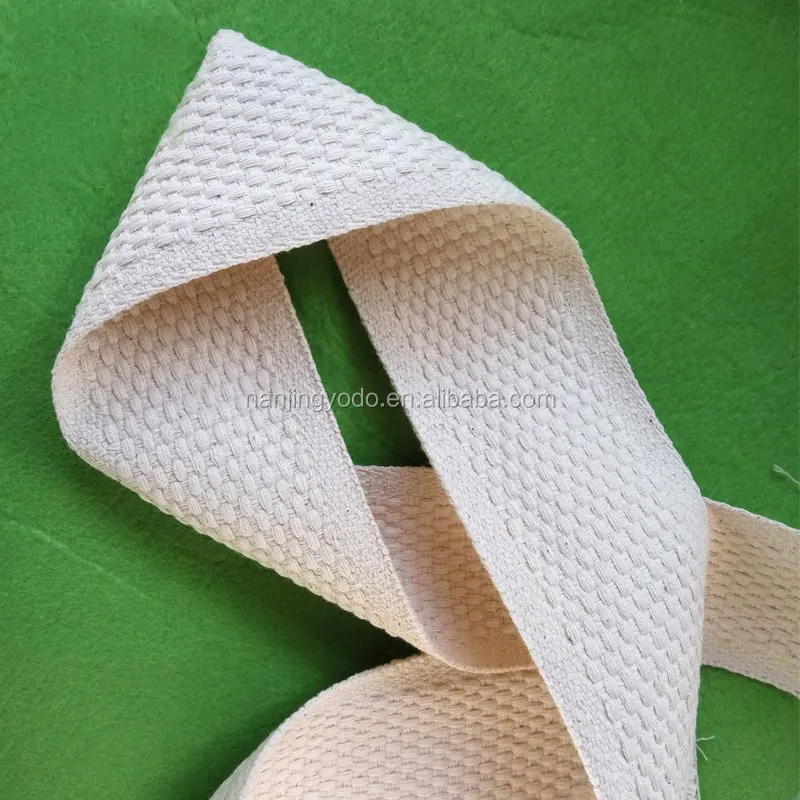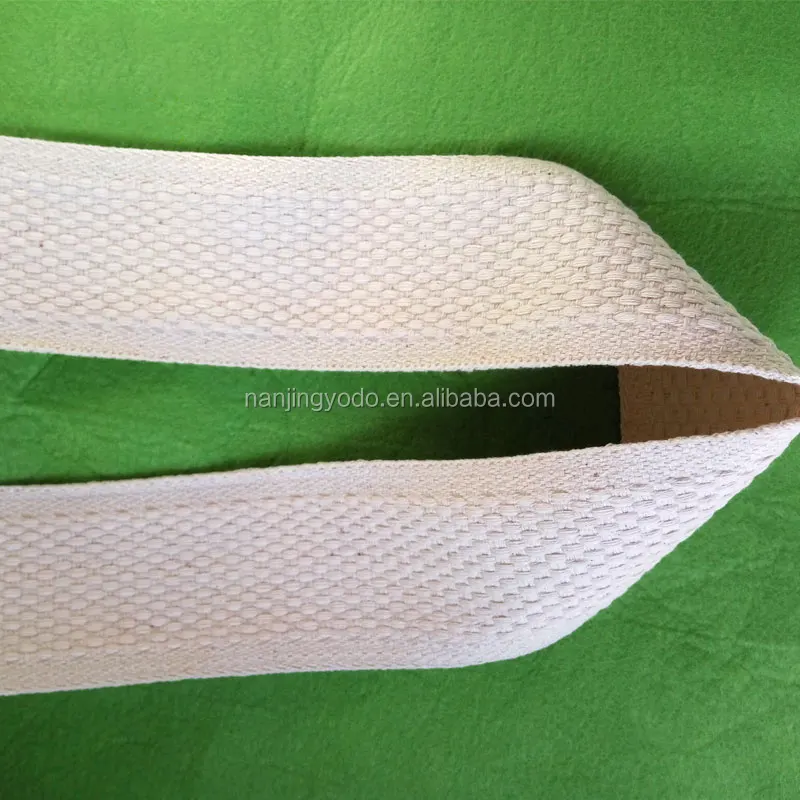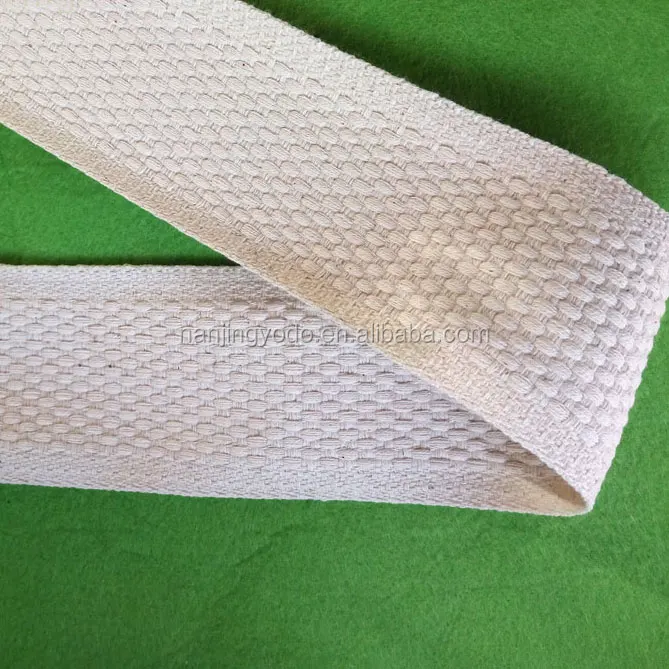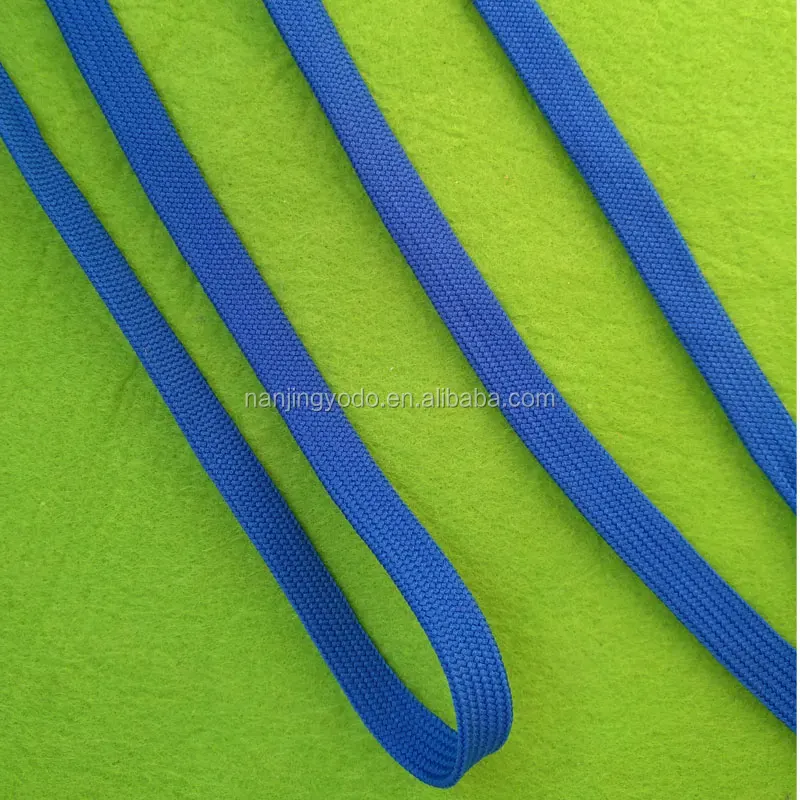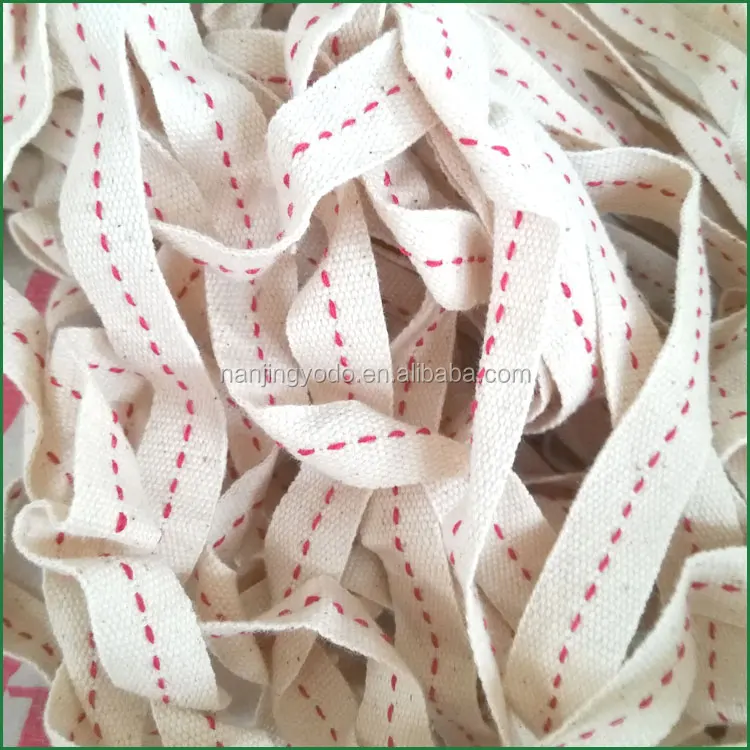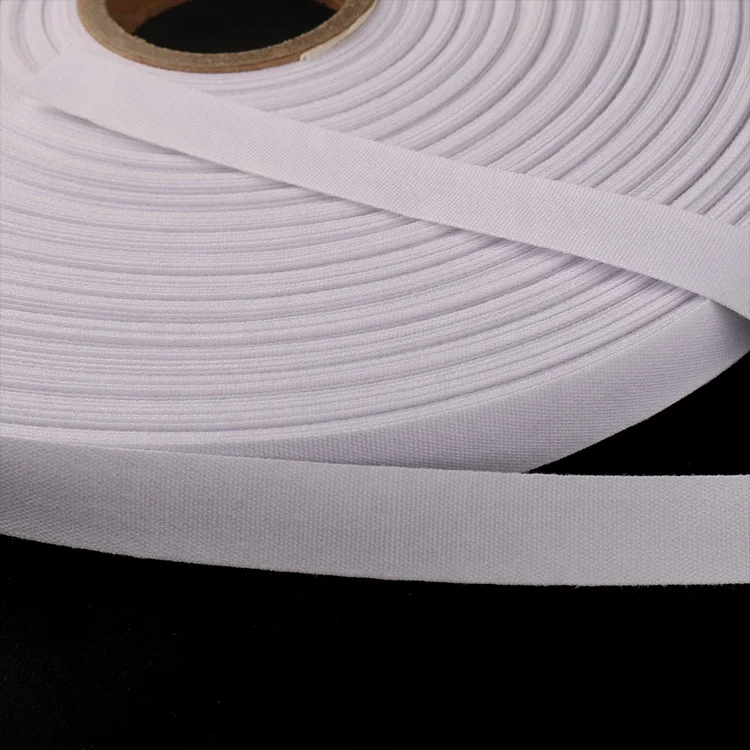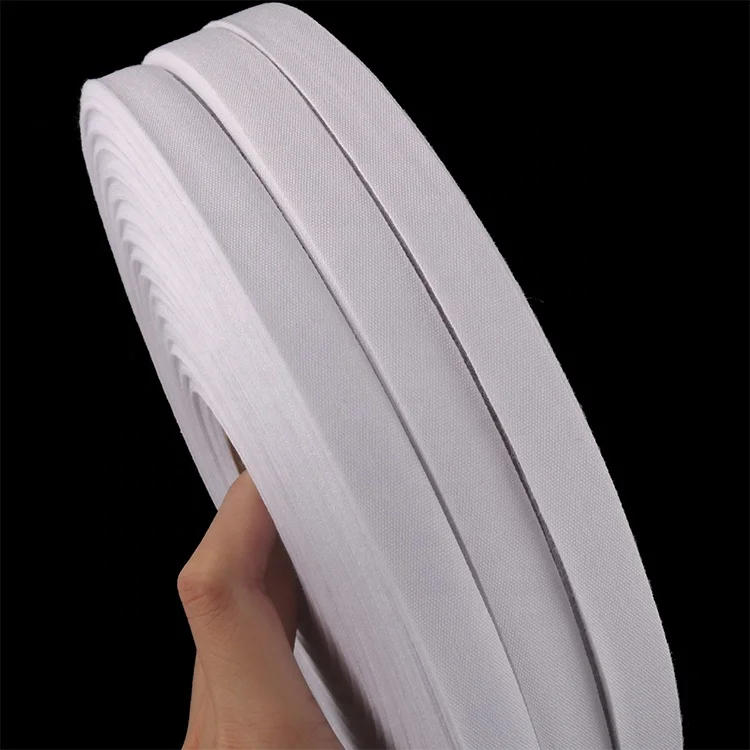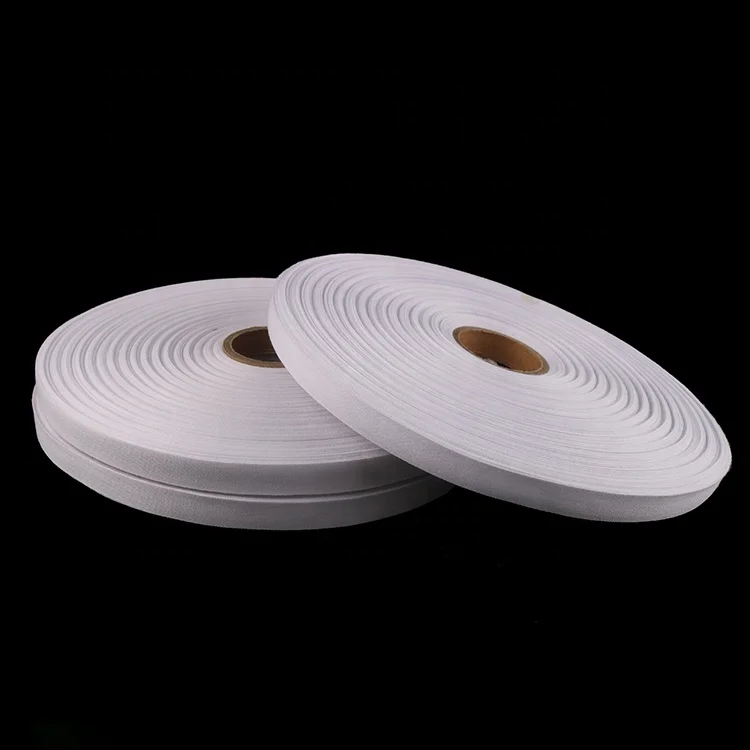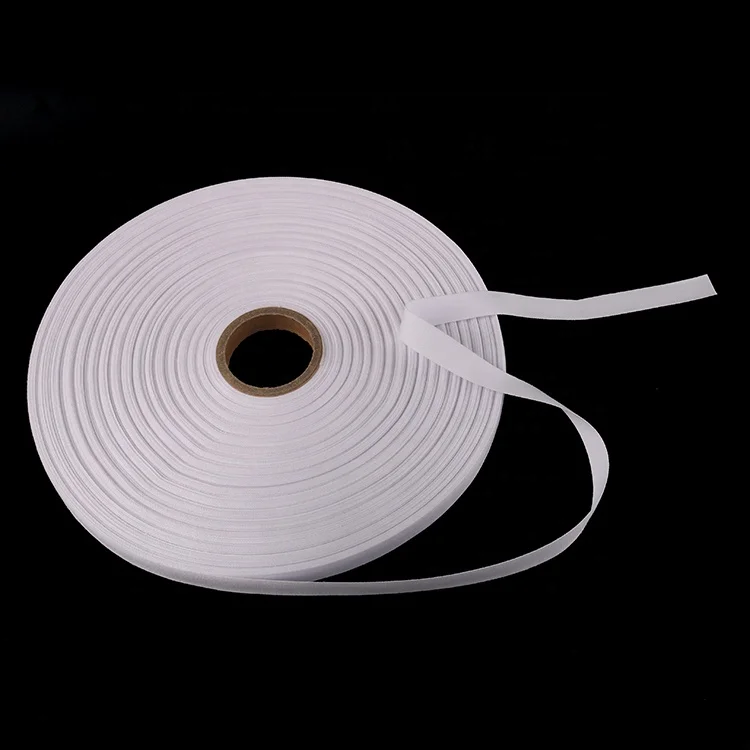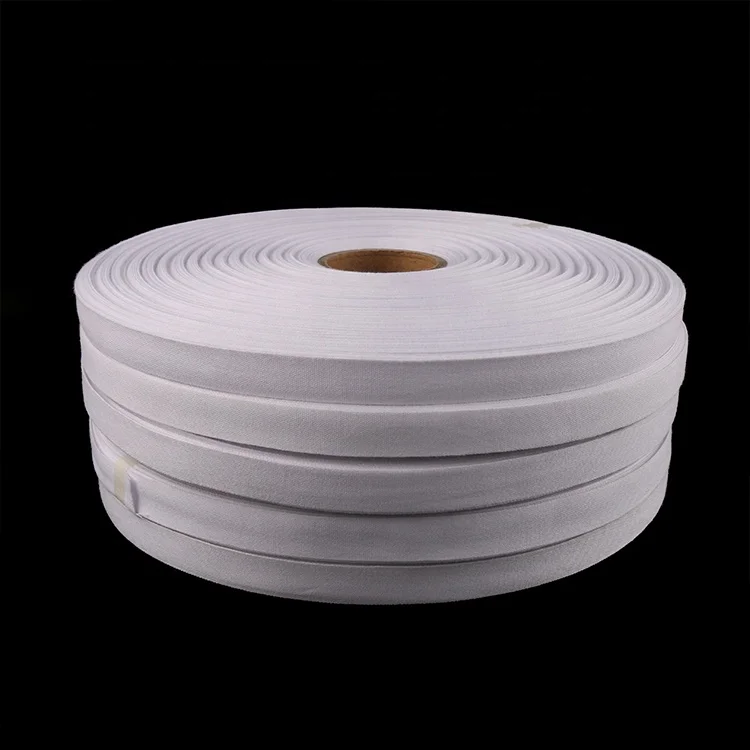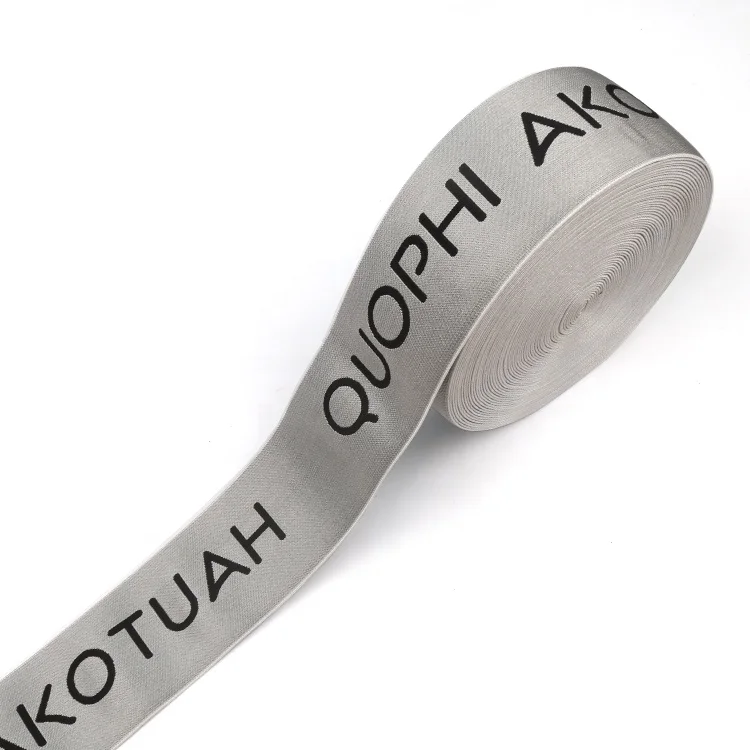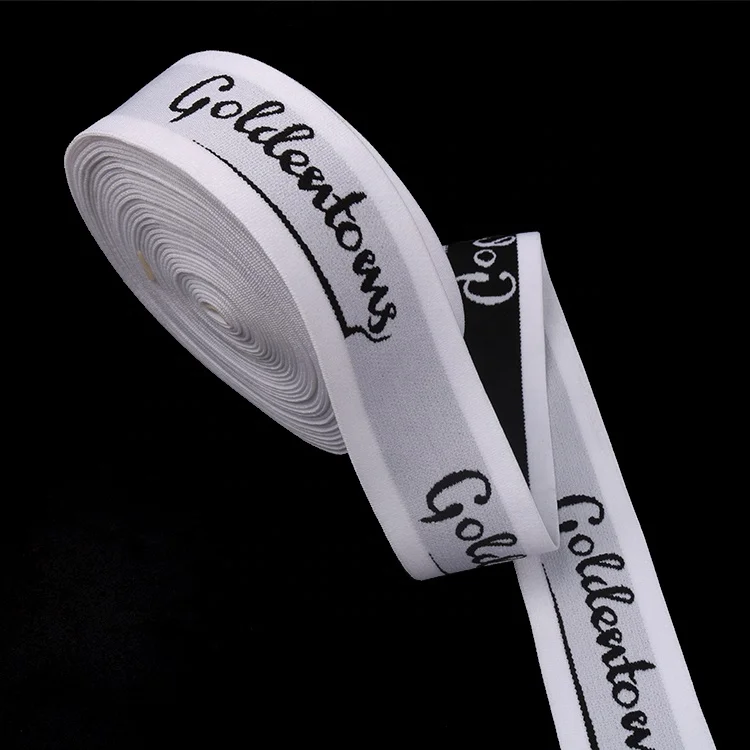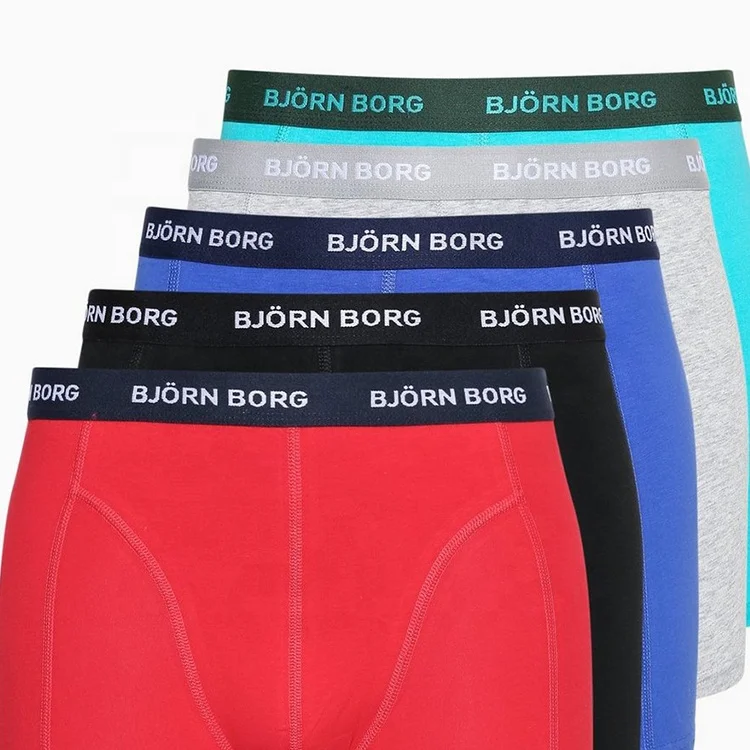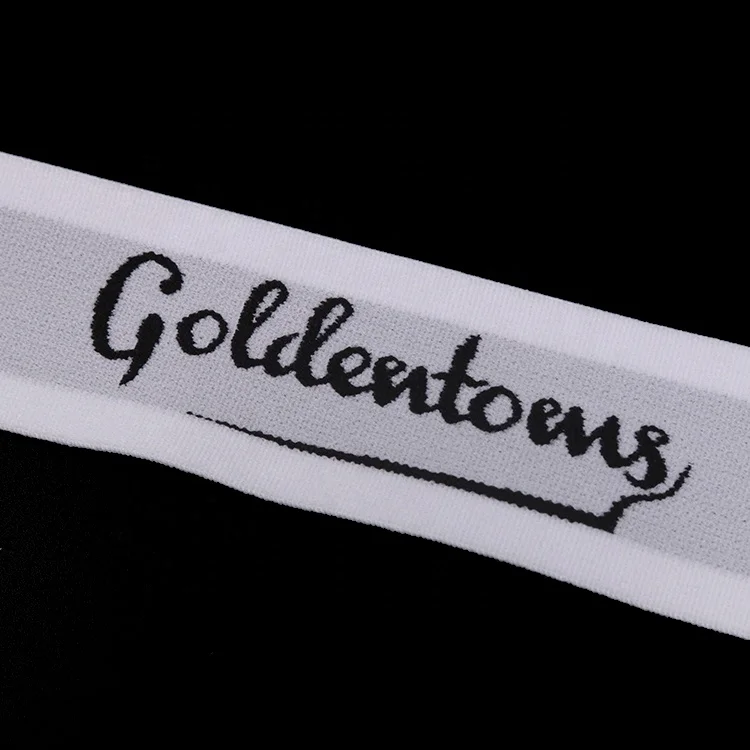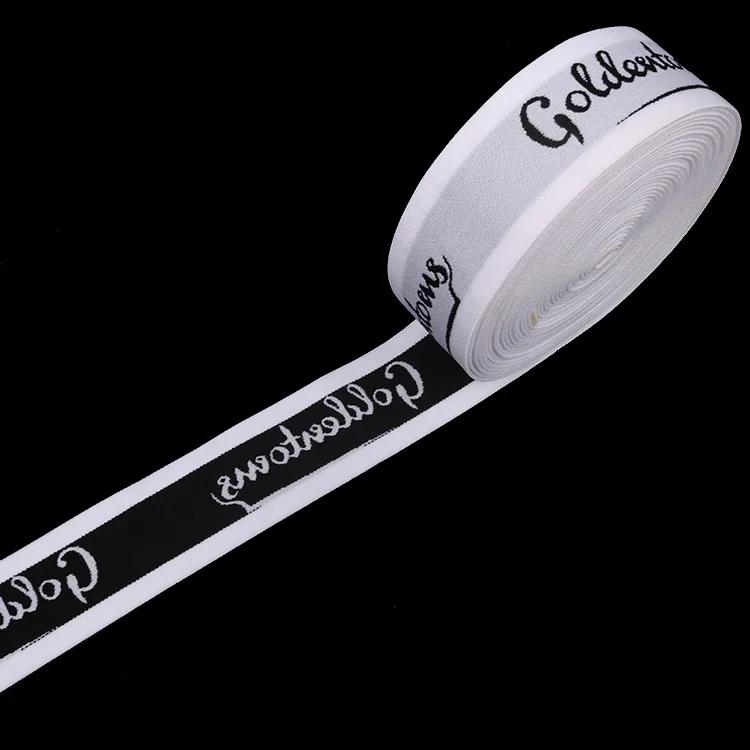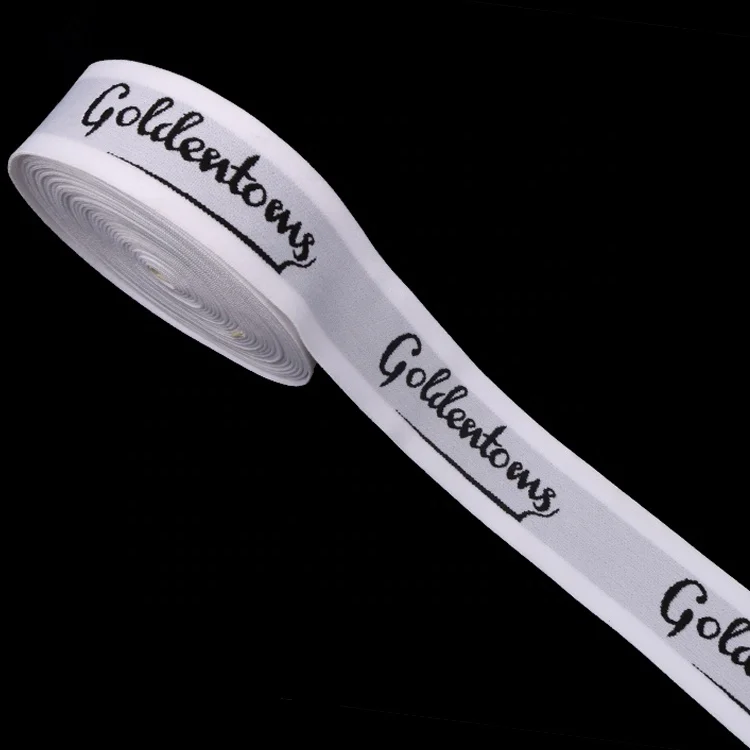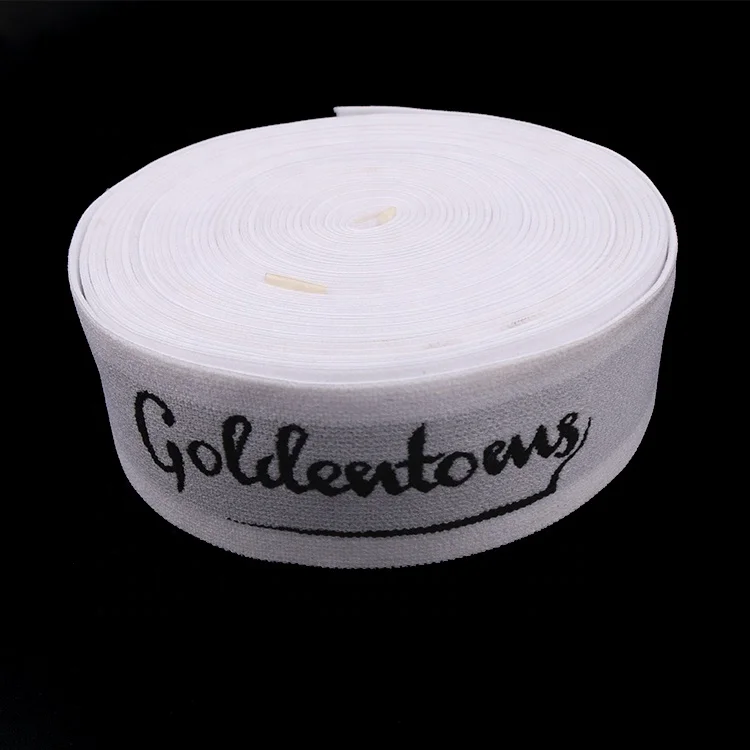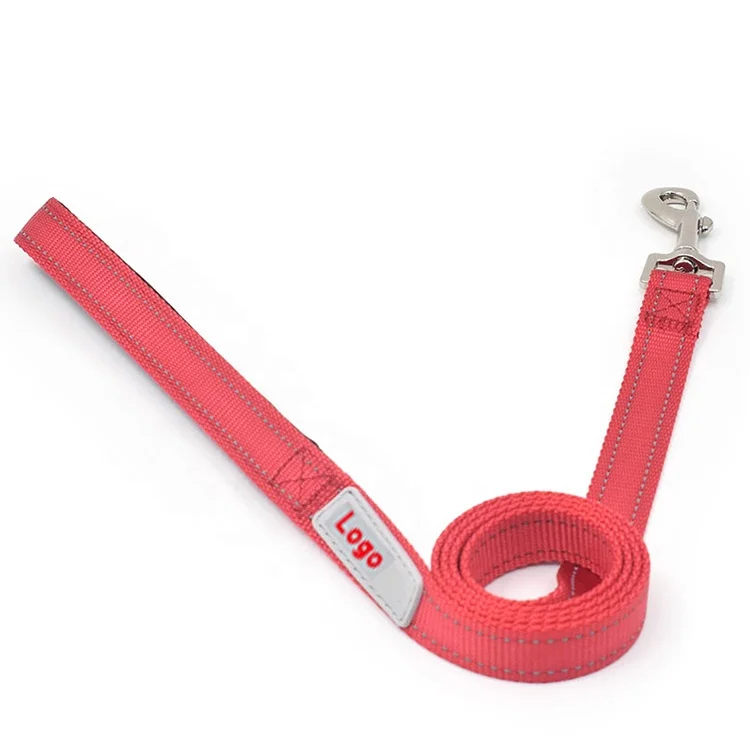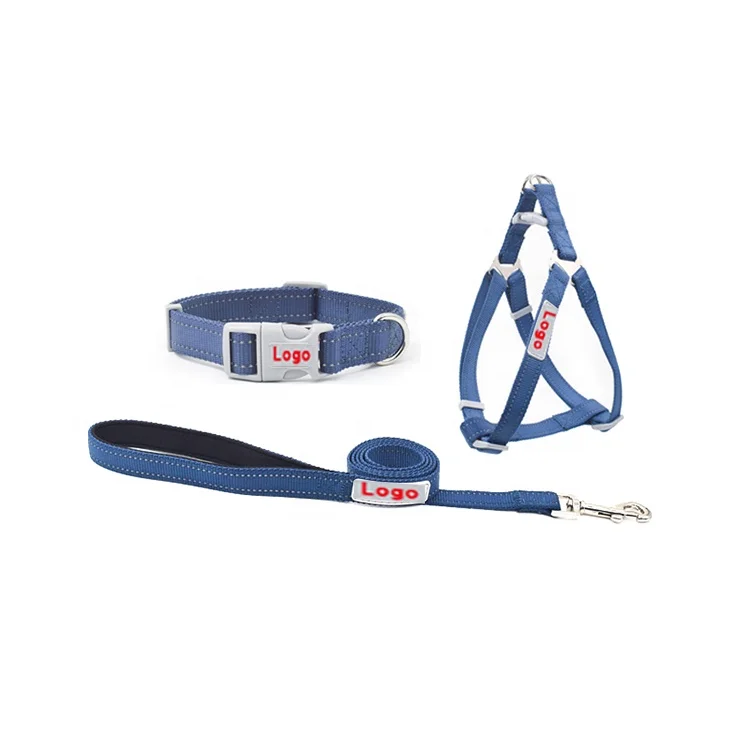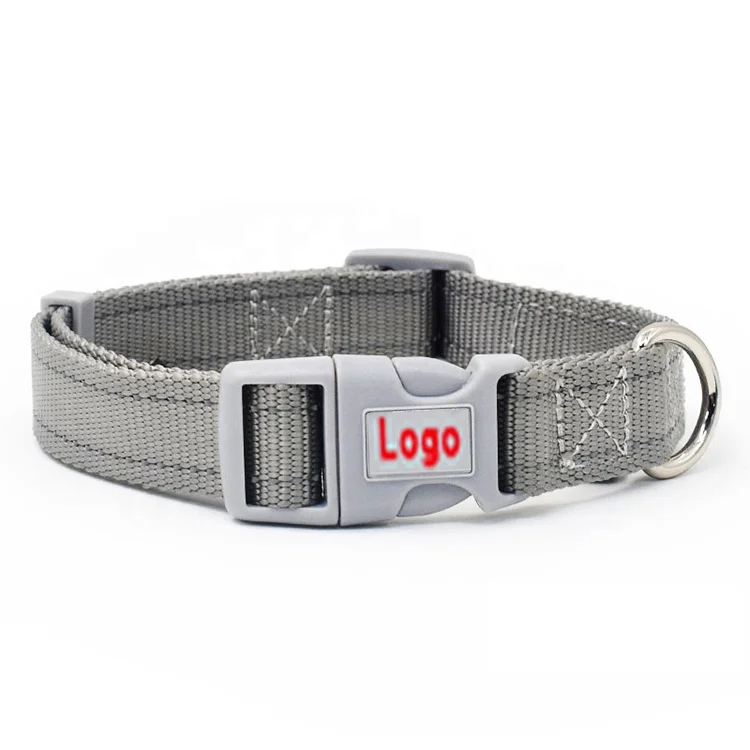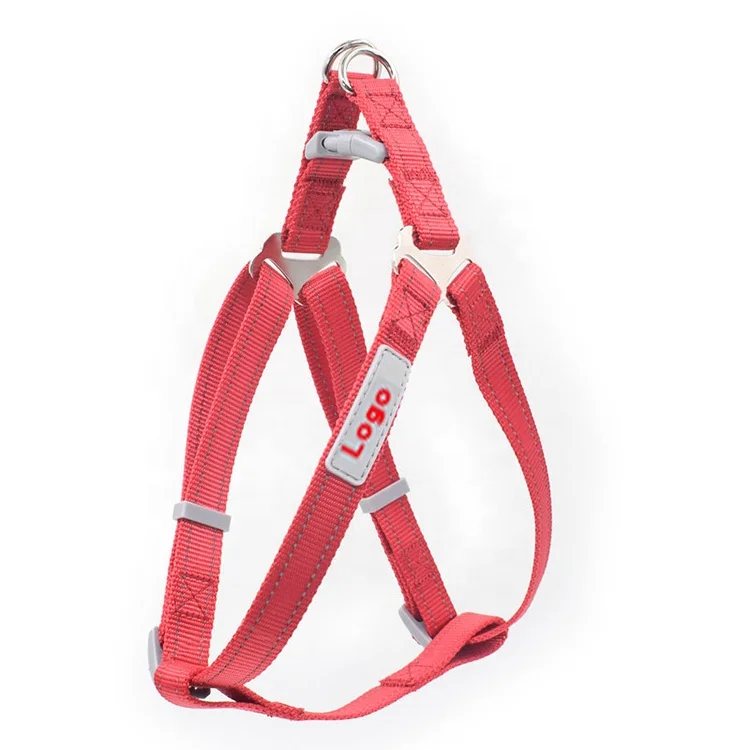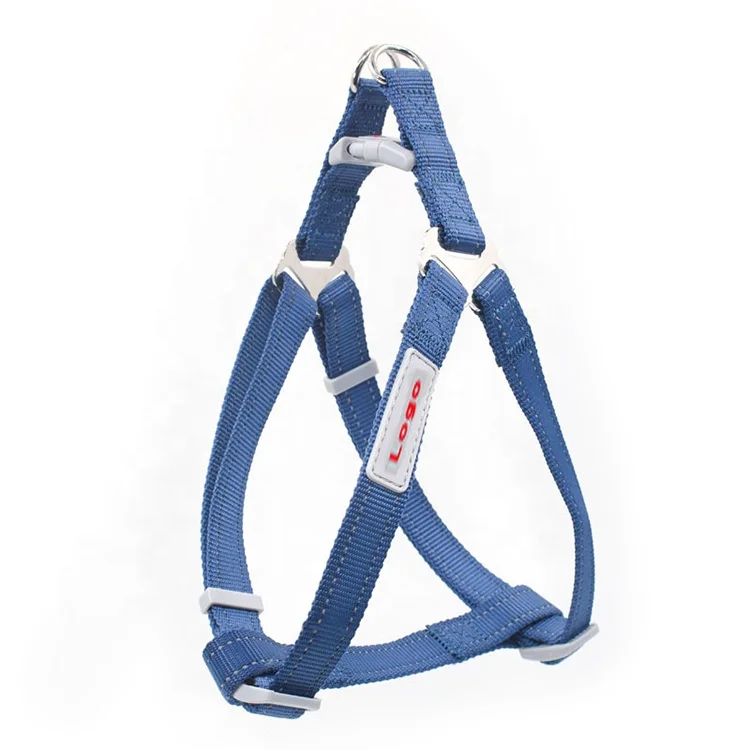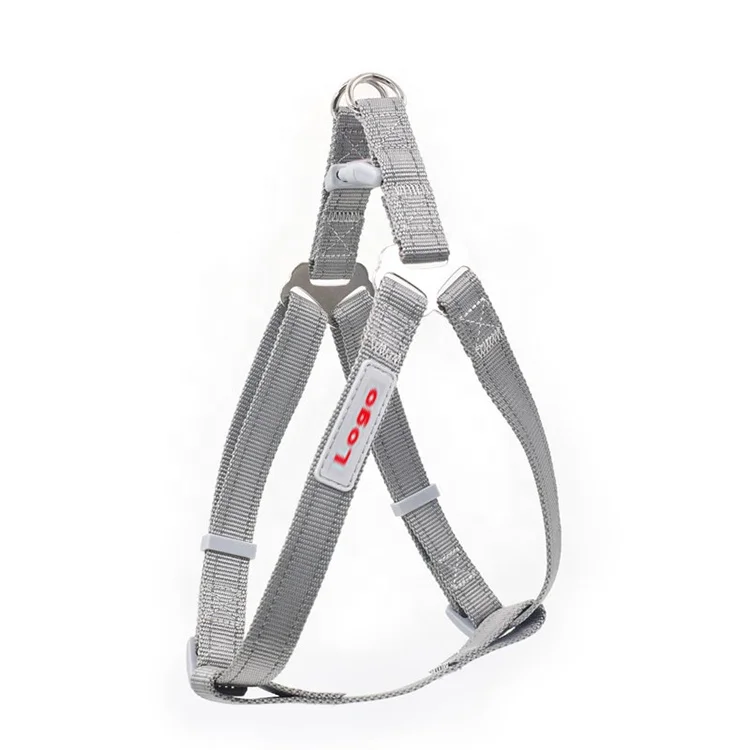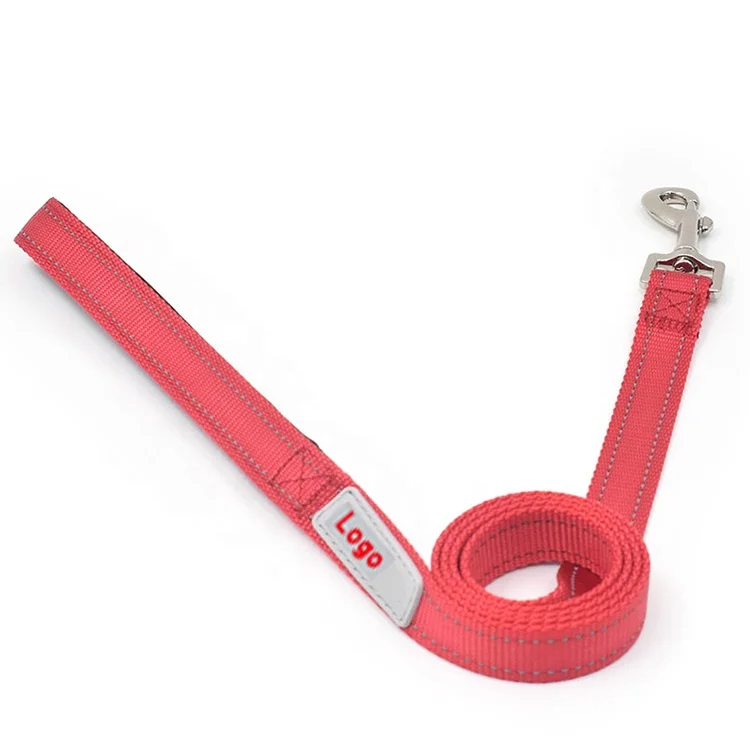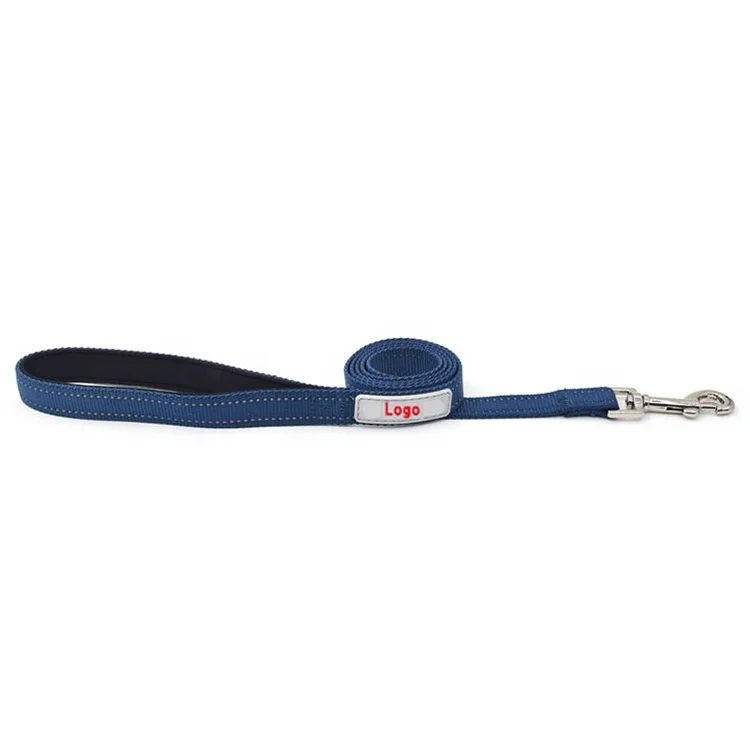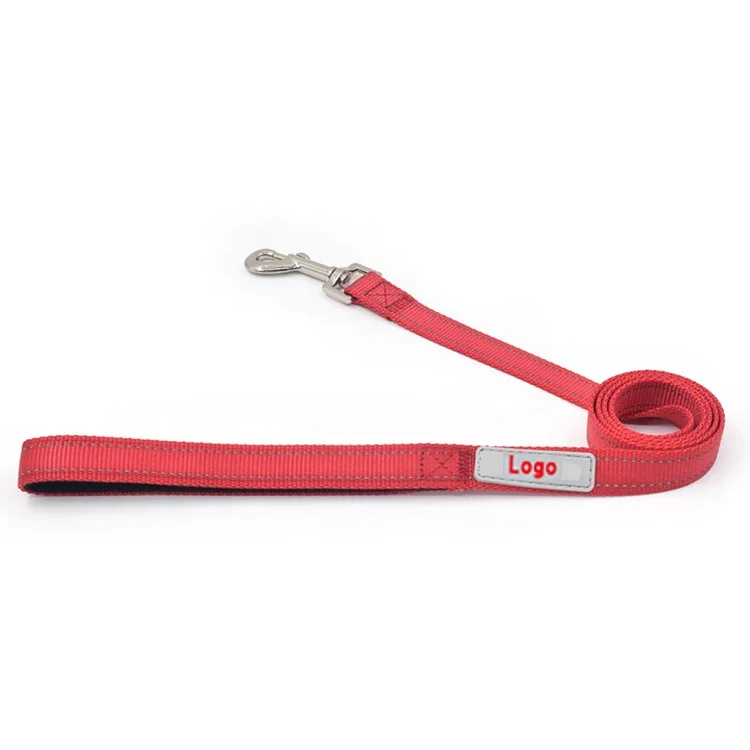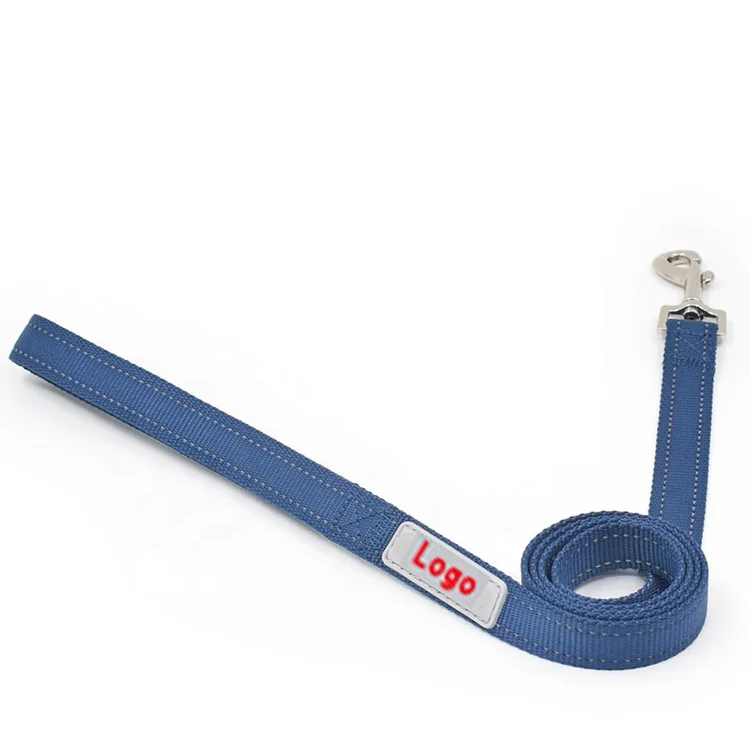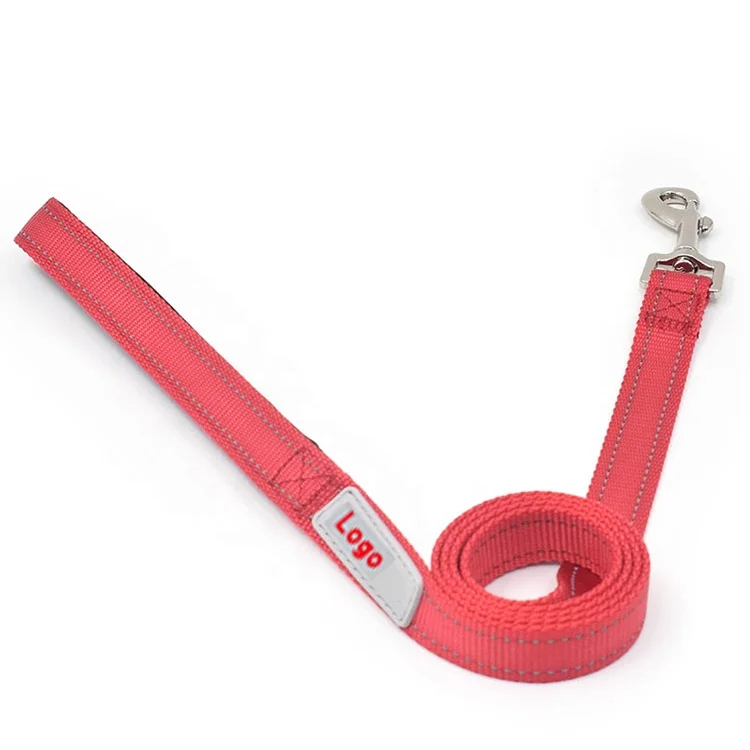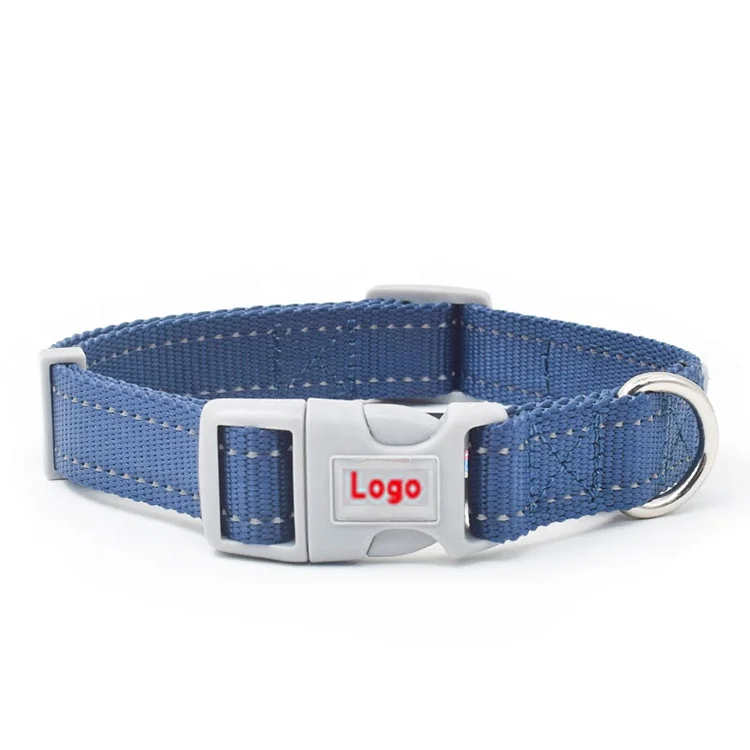The Ultimate Guide to Webbing: Types, Uses, and How to Choose the Right One
Webbing is a versatile material used in various industries, from fashion and accessories to outdoor gear and industrial applications. This guide will help you understand the different types of webbing, their functions, and how to choose the right one for your needs.
How to Find Reliable Webbing from China in 2025
China is a leading manufacturer of webbing, offering a wide range of products at competitive prices. To find reliable suppliers, consider the following tips:
- Check supplier reviews and ratings on platforms like Alibaba.
- Request samples to test quality before placing bulk orders.
- Verify certifications such as ISO or OEKO-TEX to ensure compliance with international standards.
What Buyers Should Know Before Buying Webbing from China
Before purchasing webbing from China, buyers should be aware of:
- Minimum order quantities (MOQs) and lead times.
- Shipping costs and import duties.
- Potential language barriers and time zone differences.
Types of Webbing
There are several types of webbing, each suited for different applications:
- Nylon Webbing: Durable and resistant to abrasion, ideal for outdoor gear.
- Polyester Webbing: UV-resistant and less stretchy, perfect for long-term use.
- Cotton Webbing: Soft and comfortable, often used in fashion and accessories.
- PP Webbing: Lightweight and cost-effective, commonly used in packaging.
Functions and Features of Webbing
Webbing is known for its strength, flexibility, and versatility. Key features include:
- High tensile strength for load-bearing applications.
- Resistance to wear and tear, ensuring longevity.
- Customizable colors, widths, and patterns to suit specific needs.
Scenarios of Webbing
Webbing is used in various scenarios, such as:
- Fashion and accessories: belts, straps, and bag handles.
- Outdoor gear: backpacks, tents, and climbing harnesses.
- Industrial applications: cargo securing and safety harnesses.
How to Choose Webbing
When selecting webbing, consider the following factors:
- Material: Choose based on the application (e.g., nylon for durability, cotton for comfort).
- Width and Thickness: Ensure it meets the load-bearing requirements.
- Color and Design: Match the aesthetic needs of your product.
Webbing Q & A
Q: What is the strongest type of webbing?
A: Nylon webbing is known for its high tensile strength and durability.
Q: Can webbing be customized?
A: Yes, many suppliers offer customization in terms of color, width, and pattern.
Q: How do I test the quality of webbing?
A: Request samples and perform stress tests to check for strength and durability.
Q: What is the typical MOQ for webbing?
A: MOQs vary by supplier but often start at 100 meters.
Q: Is polyester webbing UV-resistant?
A: Yes, polyester webbing is highly resistant to UV rays, making it ideal for outdoor use.






